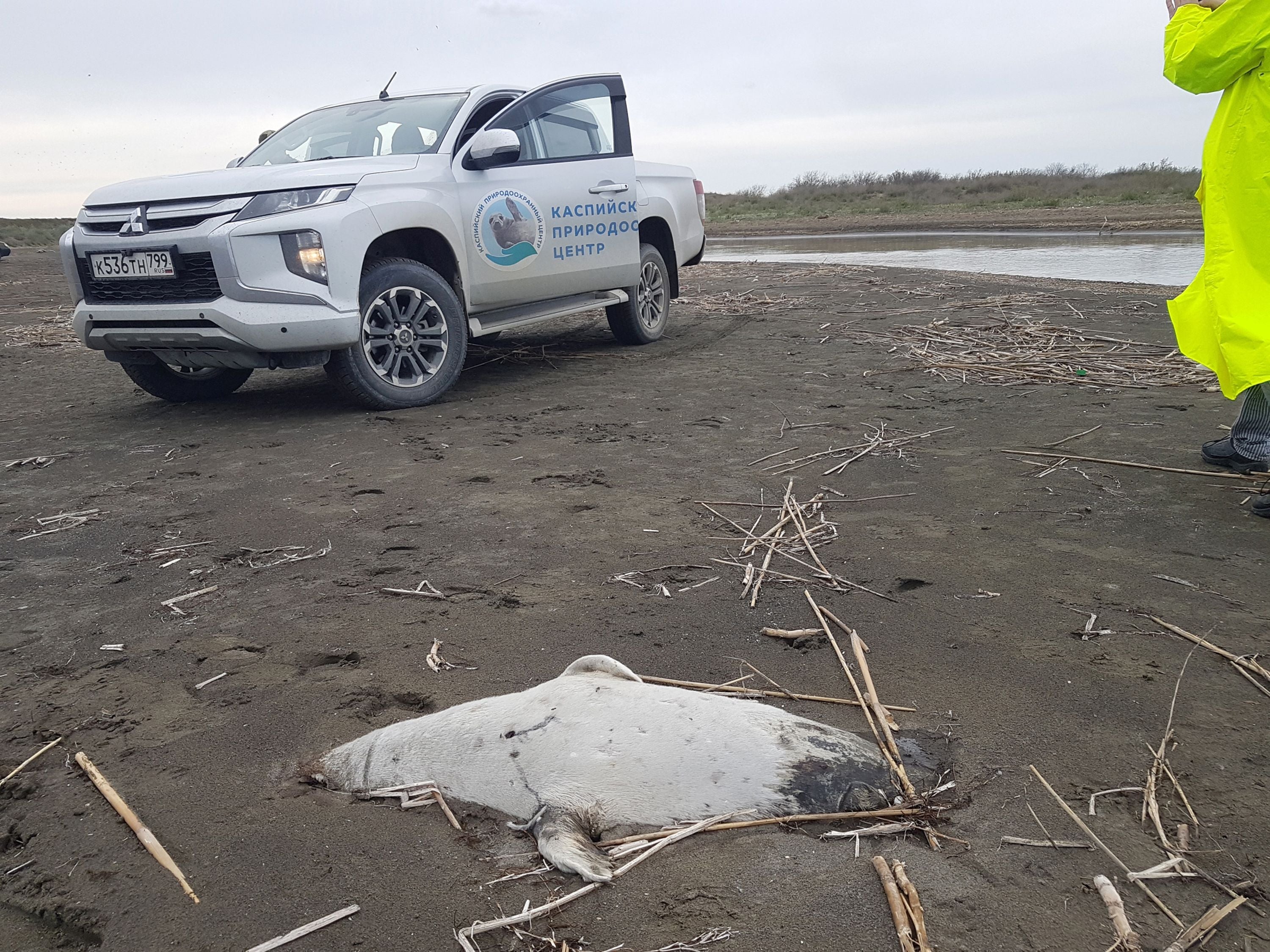At least 170 endangered seals wash up dead on Caspian coast
Their deaths could be related to climate change, claim experts

Your support helps us to tell the story
From reproductive rights to climate change to Big Tech, The Independent is on the ground when the story is developing. Whether it's investigating the financials of Elon Musk's pro-Trump PAC or producing our latest documentary, 'The A Word', which shines a light on the American women fighting for reproductive rights, we know how important it is to parse out the facts from the messaging.
At such a critical moment in US history, we need reporters on the ground. Your donation allows us to keep sending journalists to speak to both sides of the story.
The Independent is trusted by Americans across the entire political spectrum. And unlike many other quality news outlets, we choose not to lock Americans out of our reporting and analysis with paywalls. We believe quality journalism should be available to everyone, paid for by those who can afford it.
Your support makes all the difference.Nearly 200 endangered Caspian seals have washed up dead on the shores of Russia’s Caspian Sea, according to researchers.
Researchers at the Moscow Marine Mammals research centre said that at least 170 of the animals had been washed up over the course of a few days, AFP reported.
“These are the dead animals that we saw, photographed and whose GPS coordinates we noted,” said Viktor Nikiforov of the Moscow Marine Mammals research centre.
It is thought that the deaths could have been caused by industrial pollution, poaching where seals become caught in fishing nets, fishing or even that it could be “the consequence of climate change,” said Mr Nikiforov.
He said that a year of “serious surveillance” would be needed to identify the exact cause of the disaster.
Caspian seals are a type of seal found exclusively in the the saline waters of the Caspian Sea and its feeder rivers, according to the Food and Agriculture Organisation of the United Nations (FAO).
The dead seals were apparently discovered around 100km (62 miles) south of the city of Makhachkala, the capital of the republic of Dagestan. Meanwhile, others were found washed up on the shores of the Caspian Sea, around 50km (31 miles) to the north of the city.
The Russian Federal Fisheries Agency has said it has dispatched inspectors to carry out a count of the seals, AFP reported.
The Caspian Sea is the world’s largest inland body of water and is surrounded by five countries: Russia, Kazakhstan, Azerbaijan, Iran and Turkmenistan. Its seal population has been in decline for decades due to over-hunting coupled with industrial pollution.
According to experts, there are now around 70,000 Caspian seals living there, down from over one million at the start of the 20th century.
The UN Environment Program has previously warned that the Caspian “suffers from an enormous burden of pollution”.
This pollution can be attributed to the extraction of oil and gas there, as well as declining water levels due to climate change. Indeed, in December 2020, authorities reported that nearly 300 endangered seals had died on Dagestan’s Caspian shore.
Join our commenting forum
Join thought-provoking conversations, follow other Independent readers and see their replies
Comments